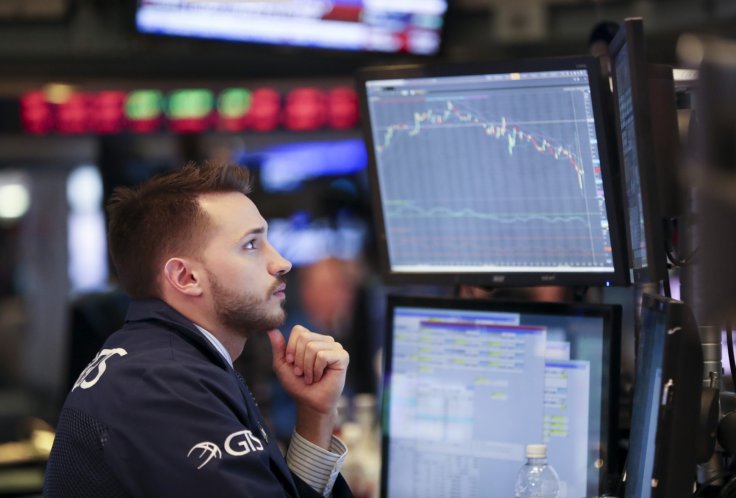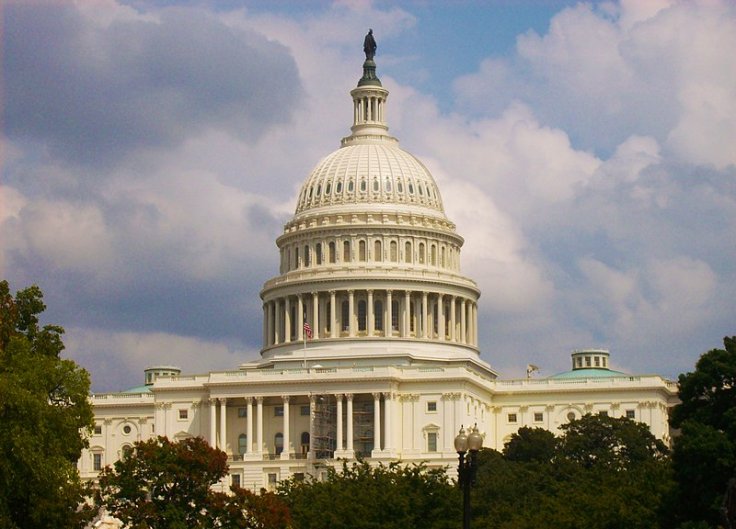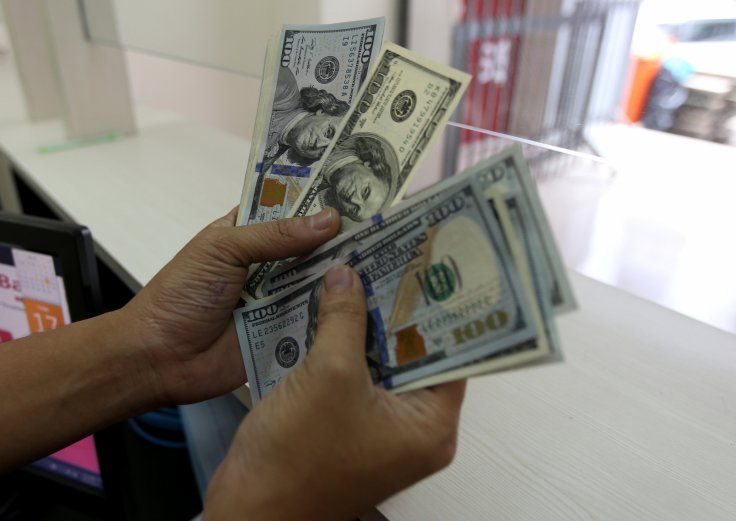US stocks plunged on Wednesday even as the results of the midterm elections trickled in. The plunge on the markets came after three straight days of gains on Wall Street.
While the S&P 500 lost more than 2 percent, the Dow Jones Industrial Average dropped some 650 points or nearly 2 percent and the technology-heavy Nasdaq Composite lost 2.5 percent.

Why the Market Plummeted
There were heightened expectations on the market that the Republicans would coast to easy victories in both the Senate and House races. However, hopes of a Republican wave were dashed immediately after the results started trickling in.
Wall Street had factored in a 70 percent chance of the Republicans wresting the control of the US House of Representatives and the Senate. Stocks edged up in the hopes that with the Congress being controlled by the GoP and the White House remaining Democratic will lead to policy gridlock and paralysis. A split government will not be able to roll out reforms in a host of key sectors, the markets calculated. Reforms bring in a phase of uncertainty, which the markets do not like.
In case of a split government, the White House will struggle to push through its legislative agenda in Opposition-controlled House and Senate. What this means for the markets is, ironically, a sense of stability. A legislative stalemate means that there will be fewer policy reforms that potentially keep the markets on the tenterhooks.
However, the predicted Red Wave did not occur, leaving the Democrats in better shape. While the Senate is evenly poised with a few more key races to be decided, the GoP will eke out a tiny majority in the House.

Some analysts, meanwhile, said the the stock fall was a knee jerk reaction to the election results and the markets will swing back and follow cues like inflation, jobs and central bank policy. "We expect the impact of the election to tilt the market positive, partly because we'll have it behind us ... As far as markets are concerned, the policy impact is likely to be small, and market participants will continue to be more focused on central bank policy and inflation," Barry Gilbert, asset allocation strategist at LPL Financial, wrote in a note, according to Yahoo Finance.
"Going back to 1951, a Democratic president with a Republican or split congress, the two most likely cases this election, has seen an average S&P 500 Index return of over 17% versus an overall average of just over 12%," he added.
Inflation Data Weighs
Another factor behind the bearish move on Wall Street was the incoming inflation data. The Bureau of Labor Statistics will release the Consumer Price Index (CPI) for October on Thursday. Economists estimate that there will be a marginal drop in inflation numbers, but that will not be enough to soothe the markets.

"We are still far above that 2% target ... So, we don't believe that the Fed is going to ease up at any point in the near term. And so rates will stay higher for longer and inflationary pressures clearly are likely to stay higher for longer, too," Rebecca Felton, RiverFront Investment Group senior market strategist, told Yahoo Finance.









